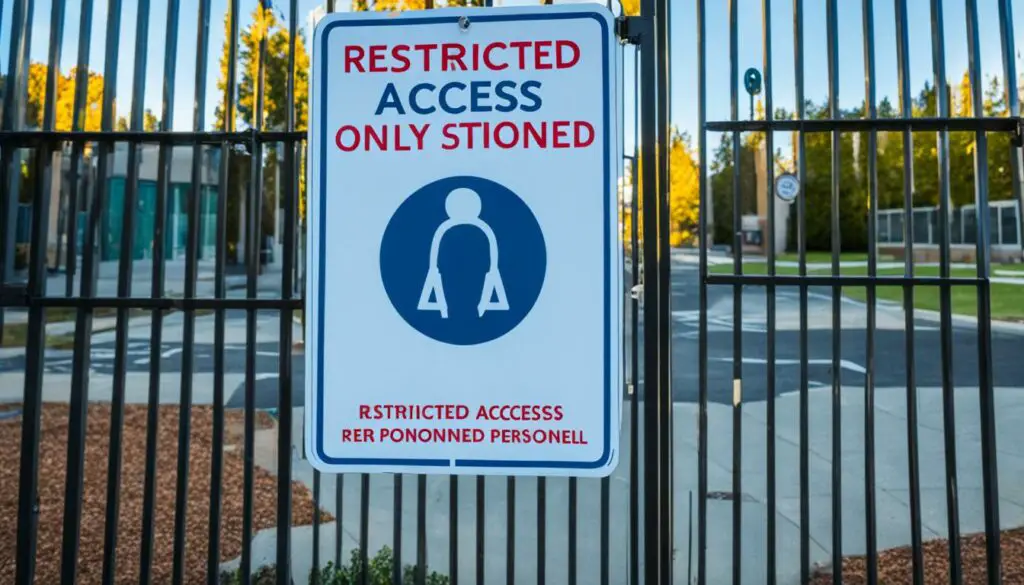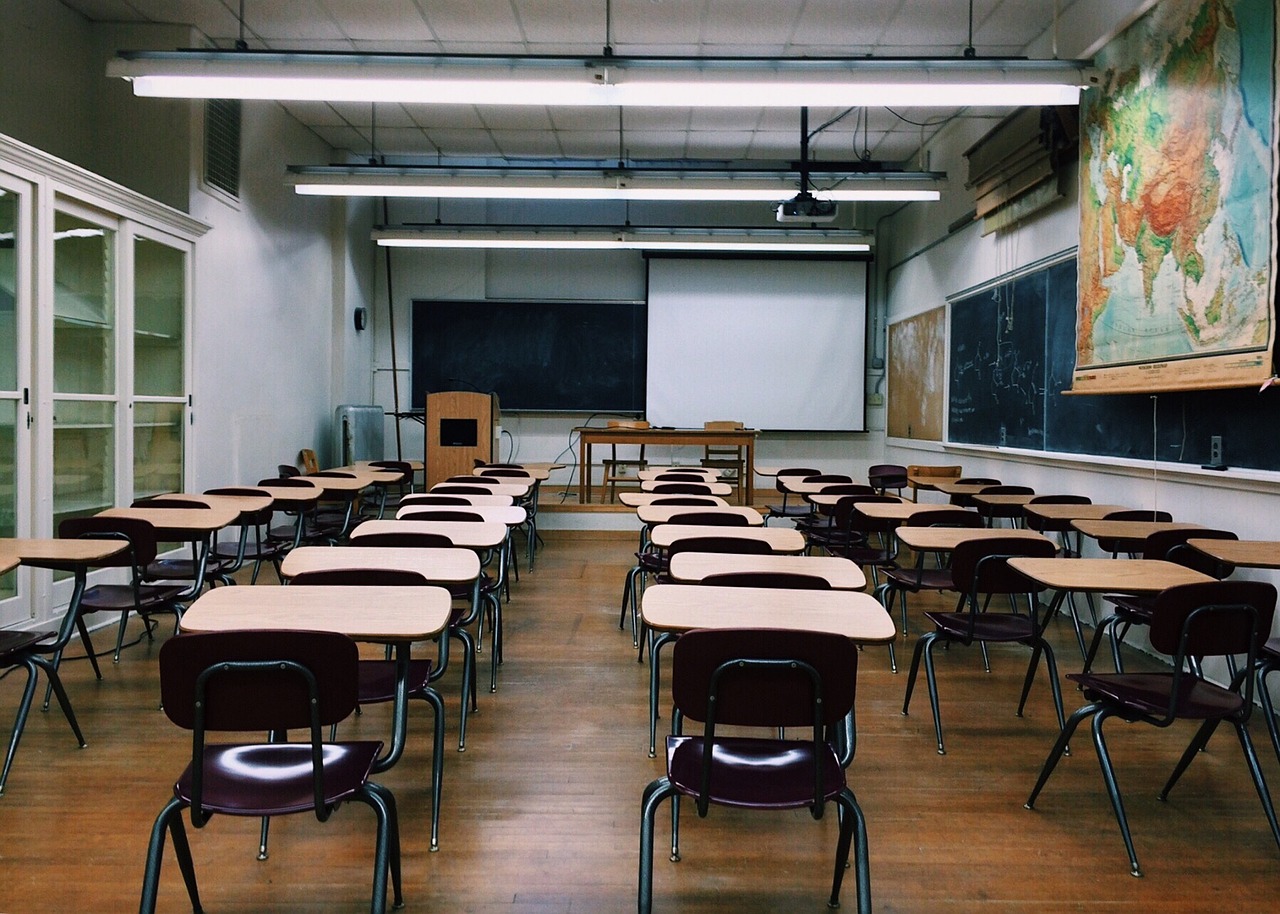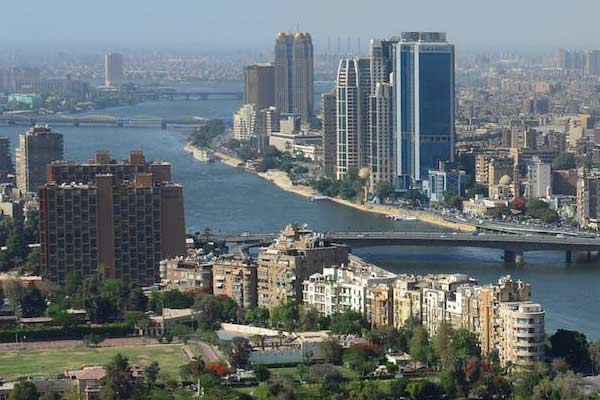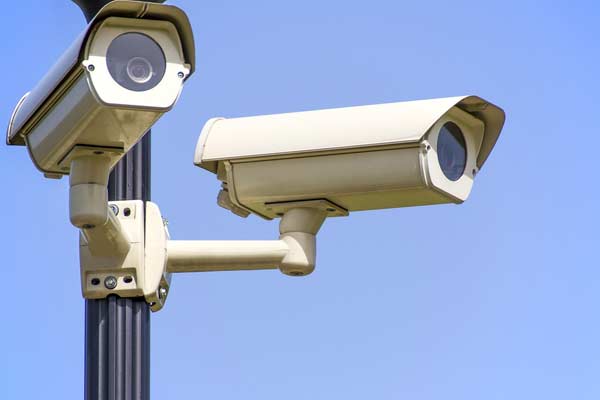Can a School Ban a Parent from Premises? School Rights
When it comes to school policies and parental access to school grounds, there are often questions and debates surrounding the rights of both schools and parents. Can a school ban a parent from the premises? What are the school’s rights in regulating parent entry?
This article will explore the legal aspects and practical considerations surrounding this issue. We will delve into schools’ authority to restrict parent access, the circumstances under which such restrictions are justified, and the potential consequences of disruptive behavior.
When Can Schools Ban a Parent or a Third Party from School Property and School Events?
Schools can sometimes ban parents or third parties from school property or events. The decision to restrict access generally aims to maintain a safe and conducive learning environment for students. However, it is essential to understand when and under what circumstances these bans can be enforced.
School principals have the right to ban parents from school property during the school day if the parent has engaged in unruly or threatening behavior in the past.
This ban is intended to preserve peace, quiet, and the school’s overall functioning. However, the ban on attending school events, such as sporting events, which are open to the public, may be subject to stricter scrutiny.
The ban on school events must be reasonable and viewpoint-neutral. The parent’s First Amendment rights should not be infringed upon. Sporting events held on open school grounds are considered limited public forums. Therefore, schools can only regulate access to these events if the restrictions are reasonable and do not target specific viewpoints.
To ensure clarity, here is a table summarizing the circumstances under which schools can ban parents or third parties from school property or events:
| Circumstances | Authority to Ban |
|---|---|
| Unruly or threatening behavior by a parent | School Principal |
| School events open to the public | School, subject to stricter scrutiny |
The Right of Schools to Restrict Parent Access
The school’s responsibility to maintain a safe and conducive learning environment sometimes requires restricting parent access to school premises.
While parents have the right to be involved in their children’s education, this right is not absolute and can be limited under certain circumstances.
Schools can ban parents from entering school property if their presence disrupts the educational process or potentially harms students.
According to the Second source, parents may be denied access to school premises if they engage in disruptive, threatening, or inappropriate behavior. This measure is necessary to ensure the well-being and safety of the entire school community.
🌟 Hey Students! 🚀 Ready for the ultimate experience? Join us on Studentsinside.com's Facebook, YouTube, WhatsApp, and LinkedIn. Click now for tips, fun, and success vibes! 🌈✨ #StudentLife #JoinUs
While it is essential to encourage parental involvement, it is equally important to maintain a positive and respectful environment for all students and staff.
When a school restricts parent access, it must do so fairly and reasonably. The action taken by the school should be proportionate to the parent’s conduct and aim to prevent future disruptions.
Schools should follow proper procedures and provide clear warnings to parents regarding the expectations of their behavior on school grounds.
In cases where a parent is denied access to school premises, the school must communicate openly and effectively with the parent. Clear communication channels should be established to address concerns, provide updates, and discuss alternative ways for parents to remain involved in their child’s education.
Schools may implement various restrictive measures to address the behavior of disruptive parents and protect the school community. Here are some examples:
- Issuing warnings or written notices to parents about their behavior and the potential consequences of continued misconduct.
- Requiring parents to schedule appointments or seek prior approval before visiting the school.
- Providing alternative ways for parents to participate, such as virtual meetings or conferences.
- Assigning a designated area for parents to wait during events or visits.
- Coordinating with security personnel to ensure the safety of students, staff, and visitors.
Legal Justifications for Banning Parents from School Property
The Third source provides valuable insights into the legal justifications for schools to exercise their authority in banning parents from entering the school premises.
Courts have recognized that the primary objective of such bans is to maintain order within the educational setting and protect students from potential harm.
The government’s ownership of school property does not automatically grant public access, emphasizing the importance of school policies on parent entry and parental access to school grounds.
In certain circumstances, even students do not have an absolute right to enter school property if their presence threatens the educational process or disrupts the overall learning environment. This also extends to parents, underlining the need for schools to ensure a safe and conducive atmosphere for all students.
However, schools must approach the banning of parents or any individual from the school premises with adherence to due process rights and legal obligations.
Banning decisions must not be based on arbitrary or discriminatory factors but on reasonable and lawful grounds. Schools should provide clear guidelines and criteria for imposing such bans, ensuring transparency and fairness in their implementation.
| Legal Justifications for Banning Parents | Key Points |
|---|---|
| Safeguarding Order | Schools have the authority to maintain order within the educational setting, ensuring a conducive learning environment. |
| Protecting Students | The banning of parents aims to safeguard students from potential harm and disruptions caused by unruly individuals. |
| Government Ownership | The ownership of school property by the government does not grant automatic public access, allowing schools to regulate entry. |
| Due Process | Schools must adhere to due process rights and legal obligations when imposing bans, ensuring fairness and transparency. |
Case Study: Banning a Parent from School Events
The importance of maintaining order and ensuring a safe environment at school events is highlighted in a notable case study involving a parent’s ban from school property and attendance at school-sponsored events.
The case, sourced from the Third Source, revolves around a pattern of inappropriate behavior exhibited by the parent during sporting events. The parent’s actions included verbal assaults, threats, and disruption of school staff’s ability to perform their duties.
Recognizing the need to preserve order and tranquility, the school district banned the parent from entering school property and participating in future school events. The court legally supported this decision, upholding the ban as necessary to maintain a conducive environment for all participants in school events.

| Case Study: Banning a Parent from School Events | |
|---|---|
| Parent’s Inappropriate Behavior | Verbal assaults, threats, disruption of school staff |
| School Response | Banned parents from entering school property and attending events |
| Legal Support | The court upheld the ban as necessary to maintain order and tranquility |
| Importance of Addressing Misconduct | To ensure a safe and conducive environment for all attendees |
Practical Advice for Dealing with Disruptive Parents
When schools find themselves in challenging situations with disruptive parents, handling these cases with care and professionalism is crucial. Schools should consult with legal counsel to ensure that any bans or restrictions on parent access are legally justified and follow proper procedures.
Clear communication is essential in managing disruptive parent behavior. Schools should warn parents and communicate their expectations regarding acceptable behavior at school events. By doing so, schools can establish a foundation for maintaining order and minimizing disruption.
Schools need to adopt flexible measures when dealing with disruptive parents. Exceptional circumstances may arise where a parent requests access to specific events. Schools can consider granting exceptions, demonstrating that bans or restrictions are not retaliatory but aim to preserve order and create a safe and conducive learning environment.
FAQ
Q: Can a school ban a parent from the premises?
A: Yes, a school district has the authority to ban unruly parents or third parties from school property during the school day to maintain order and prevent disruptive behavior.
Q: When can schools ban a parent or a third party from school property and events?
A: Schools can ban a parent or a third party from school property and events if their presence disrupts the educational process or potentially harms students.
Q: What is the right of schools to restrict parent access?
A: Schools have the right to restrict parent access to school premises if their presence threatens the educational process or potentially harms students.
Q: What are the legal justifications for banning parents from school property?
A: Schools can ban parents from school property to maintain order, protect students from potential harm, and ensure a safe and conducive learning environment.
Q: Can a school ban a parent from attending school-sponsored events?
A: Yes, a school can ban a parent from attending school-sponsored events if the parent’s behavior has been consistently disruptive or threatening.
Q: What practical advice is there for dealing with disruptive parents?
A: Schools should consult legal counsel, provide clear warnings, communicate expectations to parents regarding their behavior, and consider flexible measures to demonstrate that bans or restrictions aim to preserve order and minimize disruption.








